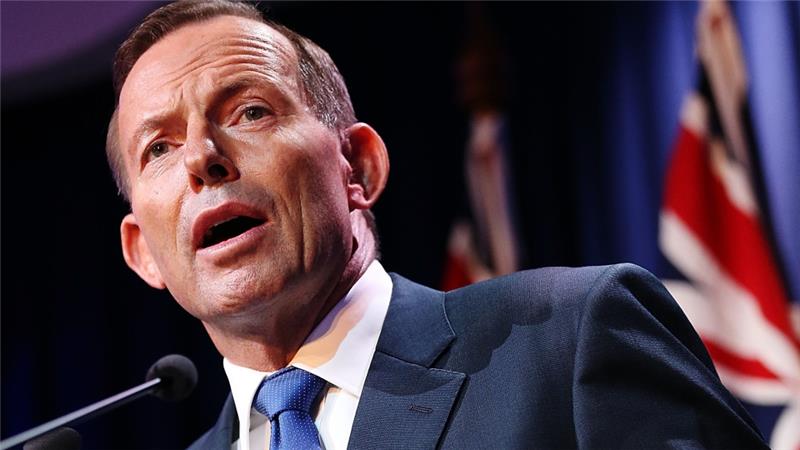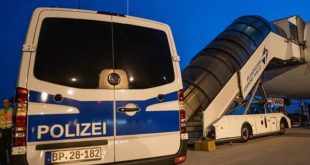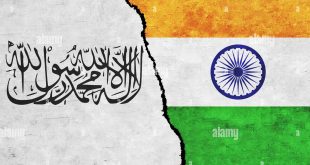Australia’s Prime Minister Tony Abbott has announced that his government will tighten immigration laws and crack down on groups that incite hatred under a raft of counterterrorism measures introduced in a bid to combat the threat from “home-grown terrorists”.
The measures announced on Monday would revoke or suspend Australian citizenship for dual nationals who fight alongside “terror groups” overseas, axe welfare payments and consular services to those involved in terrorism and clamp down on “hate preachers,” or groups that incite religious or racial hatred. Australia’s government raised the country’s terror warning level in September in response to the domestic threat posed by supporters of the Islamic State of Iraq and the Levant group. The group’s spokesman Abu Mohammed al-Adnani the same month issued a message urging attacks abroad, specifically mentioning Australia.
Canberra says it has since carried out a series of raids amid the alleged departure of at least 110 Australian nationals to Iraq and Syria to fight with ISIL.
Abbott said the threat at home was getting worse with security agencies currently running more than 400 high-priority “counterterrorism” investigations, which is more than double the number just one year ago.
“By any measure, the threat to Australia is worsening,” the prime minister said in an address following the release of a government review into December’s deadly siege at a cafe in Sydney.
“The number of foreign fighters is up. The number of known sympathisers and supporters of extremism is up. The number of potential home-grown terrorists is rising… In proclaiming a caliphate, the Islamist death-cult [referring to ISIL] has declared war on the world.”
Lone-wolf attackers
In his address, Abbott highlighted the rise of lone-wolf attackers who “self-radicalise” online with ISIL running a social media operation, with 20 people arrested under laws related to “terrorism” in the past six months alone.
“Even if the flow of foreign fighters to Syria and Iraq stopped today, there’s an Australian cohort of hardened jihadists who are intent on radicalising and influencing others,” said Abbott. “The signs are ominous.”
Man Monis, an Iranian-born man with a long criminal history, took 18 people hostage inside a popular cafe in Sydney last year, and demanded he be delivered a flag of ISIL.
Monis and two hostages were killed.
The government review found no major faults with multiple agencies that failed to detect Monis was a threat, despite the fact that he was out on bail on sexual assault and accessory to murder charges.
But Abbott acknowledged the system itself had failed, saying Monis should never have been allowed into Australia, should not have been out on bail and should not have been able to get a gun.
Canberra has pumped $493m into a range of “counterterror” measures since last August, but Abbott said more needed to be done, as he announced a new official to strengthen coordination between security agencies. (Agencies)
 Afghanistan Times
Afghanistan Times




